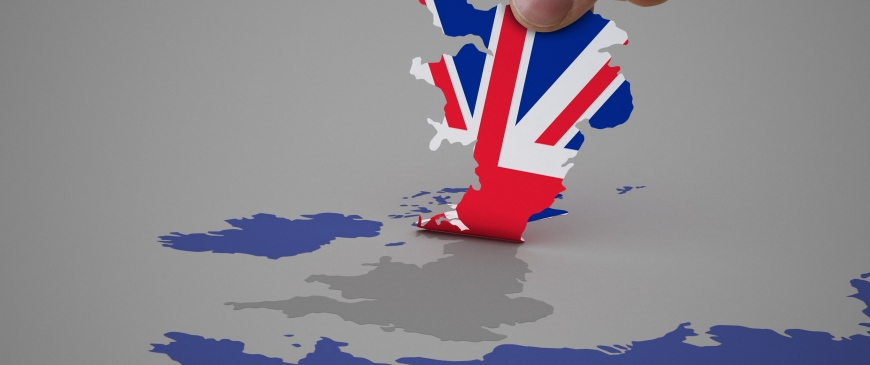
The real problem with Brexit talks is there are hardliners on both sides
Will the October summit of EU heads of government deem that “sufficient progress” has been made in the UK’s talks on leaving the EU? Britain hopes for a positive answer, so that negotiations can move on from the exit process to the future relationship. But the EU institutions expect a negative.
The main blockage is that the two sides are so far apart on money. The EU, though asking for the British to pay up to €100bn (£90bn), would be happy to receive around €60bn – most of which would be the UK’s share of the EU’s unspent budgetary commitments. Britain accepts that it must pay something but has made no offer. The EU does not want a precise number at this stage, but an agreement on how to calculate the bill, so that it can be sure of getting most of what it hopes for.
Behind the scenes, top UK and EU officials have discussed a compromise that could unblock the separation talks. Yet hardliners on both sides are preventing the negotiators from moving towards a deal.
The key to the compromise is that the UK must ask for a transition, to cover the period between when it leaves the EU and when the new trading and other arrangements take effect. The EU insists any transition be “off-the-shelf” rather than bespoke – meaning that it will resemble membership, except that the UK will have no vote. It would stay in the customs union and the single market, accept rulings of the European Court of Justice and pay money to the EU.
If the UK asked for a three-year transition and agreed to pay €10bn a year (roughly what it pays today), that would cover a large part of its share of unspent EU budgetary commitments. That would also ensure no hole in the EU budget in 2019 and 2020, the last two years of the current seven-year budget cycle – which would be a great relief to the European Commission. The other bones of contention – such as Britain’s share of the EU’s contingent liabilities and pensions commitments – could be handed to expert committees, while the talks moved on to the future relationship.
David Davis, the Brexit secretary, and Philip Hammond, the chancellor, back the principles of such a deal. So do some of the EU’s most senior negotiators and the French government. But there are difficulties with the sequencing. The UK cannot make a generous offer on money – which will be controversial at home, even if sold as “buying access to the single market” – without being sure the EU will immediately respond with talks on a free trade agreement and a transition. But the EU will not consider that until it sees a solid offer from Davis.
The sequencing can be fixed with a bit of creativity and goodwill from each side. The real problem is that both teams of negotiators have to contend with hardliners in their own camps. May’s government is not yet ready to make a significant offer on money. The foreign secretary, Boris Johnson, is not the only minister reluctant to sign away tens of billions of pounds as the price for Brexit. Nor can the government agree on the kind of transition it wants. The realist ministers know that any transition will be on the EU’s terms. But ardent Brexiters are unwilling to swallow several more years of free movement, ECJ rulings and the EU rulebook. May seems to be taking her time to knock heads together (or to work out what she herself wants).
And even if Britain were to make a generous offer in September, there would be no guarantee of a favourable response from Michel Barnier, the commission’s chief negotiator. One faction in the commission says that if the British are ready to pay €30bn towards their outstanding obligations, very good. But then if they want access to the single market during the transition, they must pay extra for that privilege – just like Norway pays for it (almost as much as the UK, per capita). This appeals to a number of governments, including Belgium. Many of them will find it hard to compromise on money: Brexit means that net contributors will have to pay more into the EU budget, and net recipients are likely to receive less.
British diplomats believe the EU’s rigid decision-making procedures will make it hard for Barnier to respond positively to a serious British offer. The European council may need to intervene. Their problem is that May has no close friends among the heads of government in that body. She and her senior ministers lack warm relationships with the influential French and German governments.
In the long run, both sides’ moderates are likely to win. Otherwise there won’t be a deal, which would be bad for the EU (it would get no British money) and disastrous for the British economy.
If May wishes to move the Brexit talks forward, to discuss the future relationship, she needs to back the realists in her cabinet and make some bold offers to encourage the more moderate EU governments.
Charles Grant is director of the Centre for European Reform.
